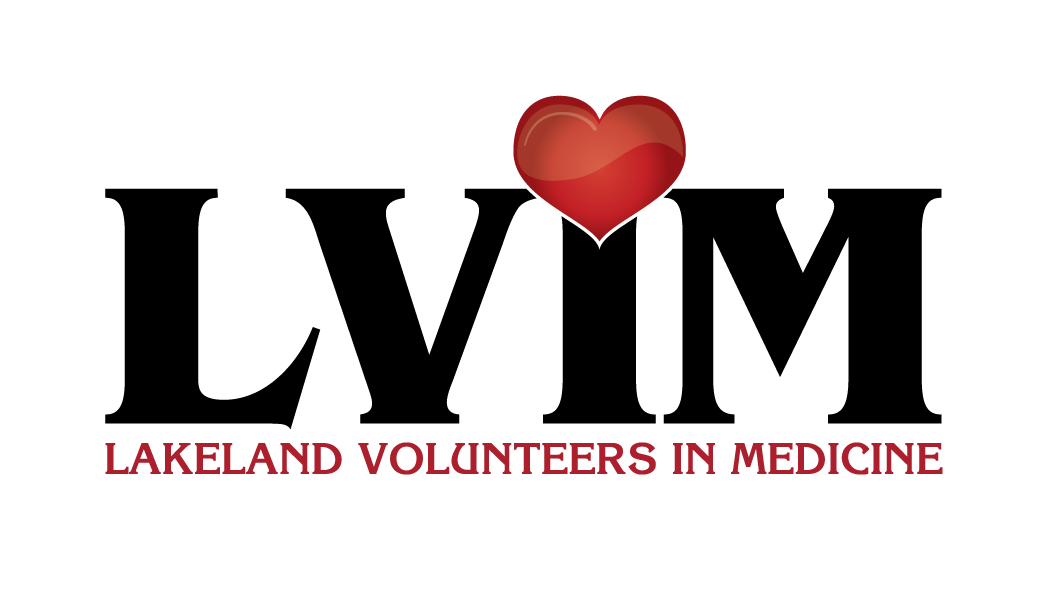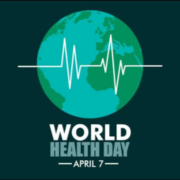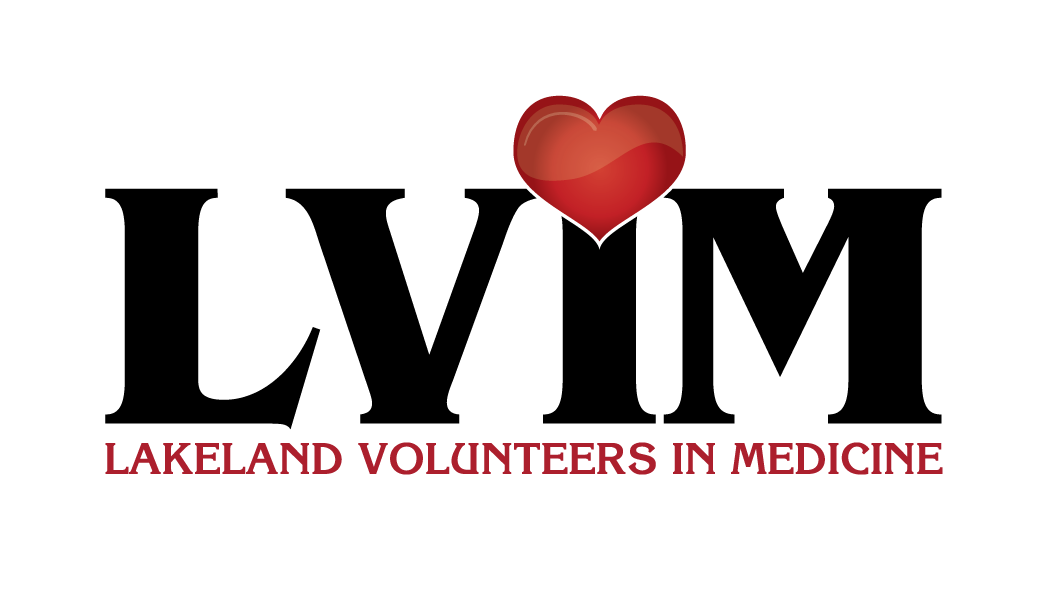World Health Day
by Will Michell
The World Health Organization (WHO) created World Health Day in 1948 to bring awareness to a concerning area of public health each year. This year the WHO has chosen health inequalities as its main area of concern. This is an issue that has worsened since the beginning of the Covid-19 pandemic. Health inequalities are differences in health outcomes among different demographics due to the conditions in which people were born, live, and work. The WHO has called for action to eliminate inequalities in access to health services, healthy food, healthy living situations, and healthy working conditions during 2021 and beyond.
The Volunteers in Medicine model promotes a culture of caring that recognizes the
strength and dignity of its patients. The model does so by promoting the idea that the manner in which people are treated during a visit to a VIM clinic is as important as the medical care they receive. Using this model Lakeland Volunteers in Medicine has been determined to reduce the inequalities of access to health services and healthy food since 2001. Here are some accomplishments of LVIM and its patients during 2020.
● Lakeland Volunteers in Medicine had over 30,000 patient visits.
● In March 2020 LVIM began the mobile food pantry serving hundreds of families
healthy food.
● 174 of LVIM patients lost weight.
● Over 18,000 prescriptions were filled providing needed medicine to patients.
● Over 50% of patients with either heart problems or diabetes improved their
conditions.
● 97% of LVIM patients feel healthier.
Health determinants have medical and social factors that contribute to a person’s well-being. Having accessible and quality care is only a small fraction of a person’s overall health. Factors that are affected by things outside of the clinic include air and water quality, housing and transit, tobacco use, diet and exercise, alcohol and drug use, sexual activity, education, employment, income, family and social support, and community safety. It is in these areas where inequalities further the gap between healthy and unhealthy individuals.
Recognition of the things damaging our community’s health is the first step to building a healthier tomorrow. With support from outspoken community leaders, more light will be shed on the problems and potential solutions to health inequalities.






